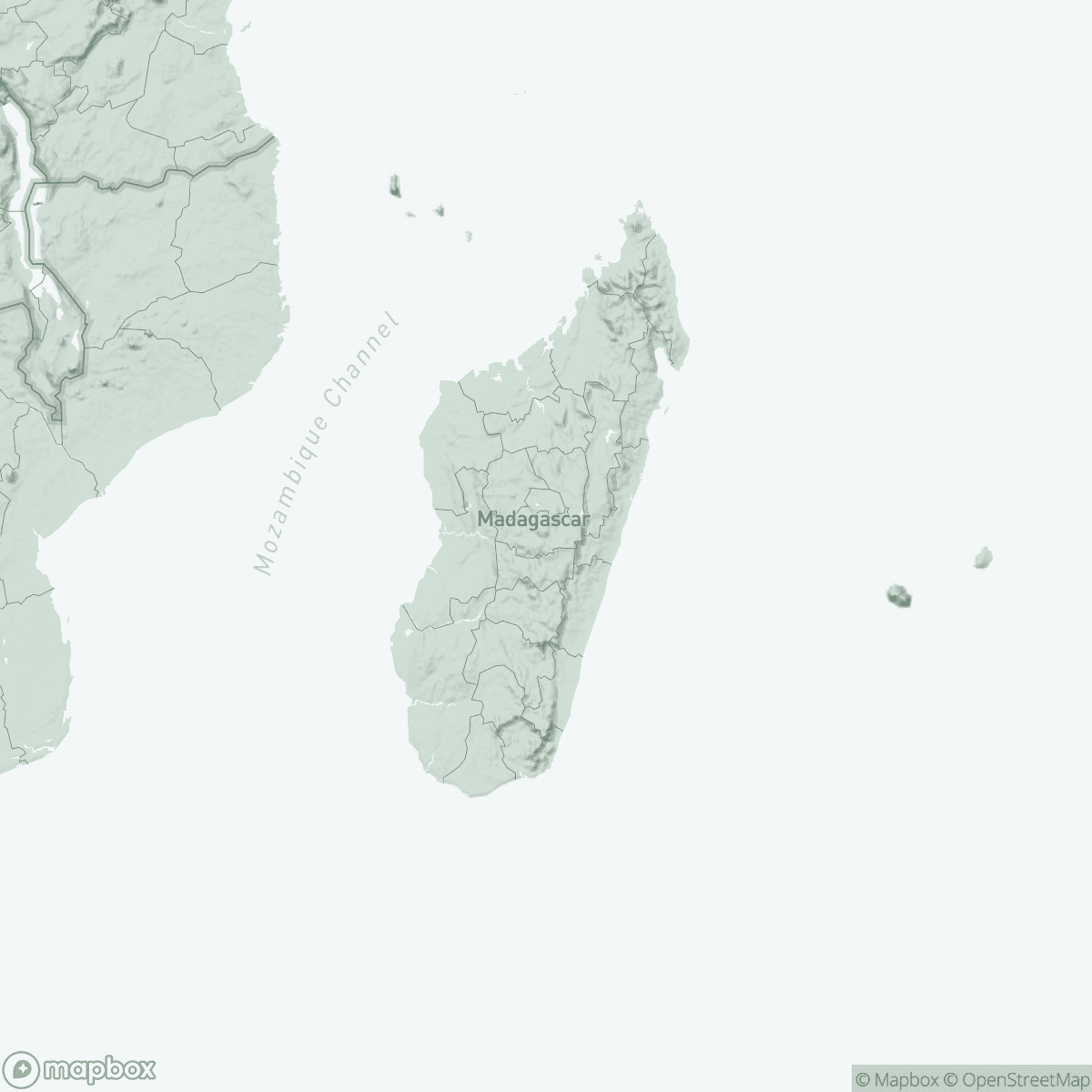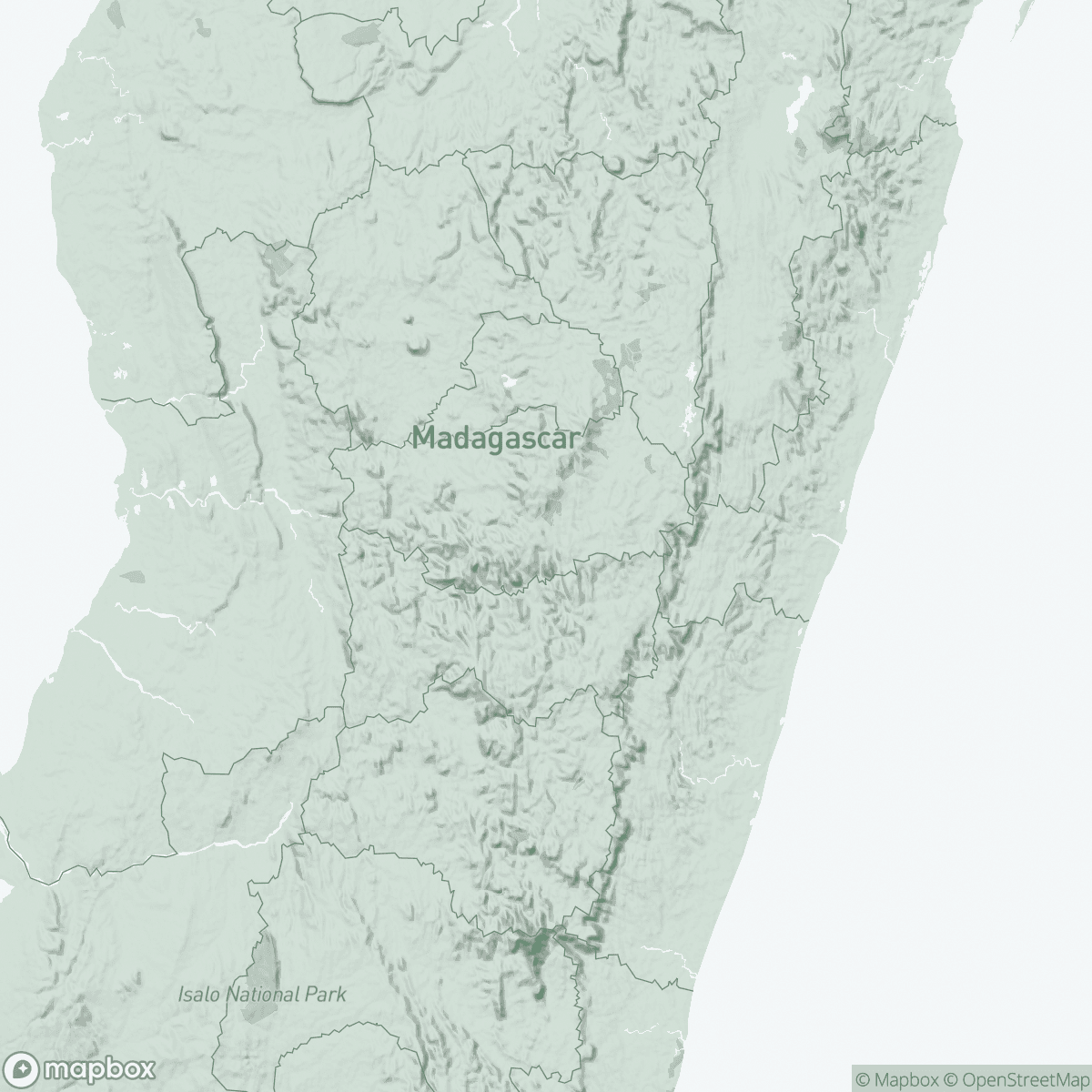MSF resumes food distributions in southern Madagascar
In 1 click, help us spread this information :
This is the lean season. Crops have run out and there’ll be nothing to harvest until next spring. Without food assistance families will have nothing to eat.” Anaïs Prudent, MSF’s emergency coordinator in the country.
Resumed in mid-November, food distributions are held near six mobile clinics set up in various locations across Amboasary and Ambovombe districts in southern Madagascar. The food rations help to meet some of the nutrition needs of families whose children are treated in the clinics.
MSF teams began responding to the crisis in March. In July, as small quantities of sweet potatoes were harvested, they saw a relative improvement. But, the onset of the lean season and complete lack of food stocks are once again aggravating the situation.
Today families survive on cactus roots and leaves that frequently make them sick. While some markets in the region – like in Ambovombe – are well supplied, food prices have risen sharply, which means most people cannot afford them.
"If we want to avoid having to treat thousands of malnourished children over the next few months, we must continue food distributions. They’re vital," the emergency coordinator continues.
By the end of November, almost 9,500 children under the age of 10 had been treated in MSF’s mobile clinics.
Dans le sud du pays, majoritairement désertique, la population est éparpillée en petits groupes composés de quelques dizaines de personnes : plus elles se trouvent éloignées des villes, dans les zones touchées par la sécheresse, plus elles sont vulnérables et risquent d’être exposées à la malnutrition.
« On a pris en charge des enfants qui n’avaient pas bu depuis plus de 24 heures et qui n’avaient même plus l’énergie de s’alimenter… Je me souviens d’un bébé de huit mois qui pesait à peine 3,6 kilos, raconte Anaïs Prudent.
Il y a aussi ceux qui sont en état de malnutrition chronique, qui présentent des retards de croissance, et qui vont basculer en état de malnutrition aiguë sévère à la première pénurie. »
The population in the south of the country, which is mostly desert, are scattered in small groups of a few dozen people. When they are in drought-affected areas, the further from towns they are, the more vulnerable and more likely they are to be at risk of malnutrition.
“We’ve treated children who’ve had nothing to drink for over 24 hours and don’t have the energy to feed themselves… I remember a baby who was 8 months old and weighed just 3.6 kilos,” says Prudent.
Some of the children who are chronically malnourished and stunted develop severe acute malnutrition as soon as the first shortages set in.”
Combatting malnutrition is a race against time, and providing water is crucial. Two MSF teams go round the region checking hand pumps work properly, testing water quality and doing repairs. "This way we know communities will have access to water for two to three years at least," MSF’s coordinator comments. 40 hand pumps in the area are now working again, 10 deep boreholes are being drilled to ensure an adequate supply of water and 400 cubic metres of water brought in by truck have been distributed to local communities.
“We anticipate no improvement in the weeks to come. The assistance we give people here is vital to help them get through until the next harvests,” Prudent concludes.

